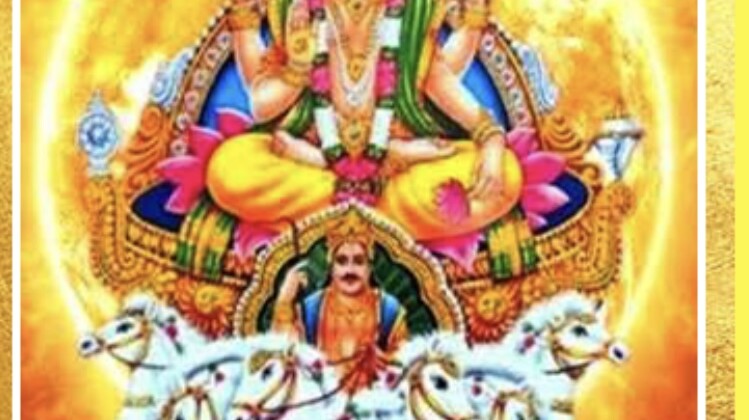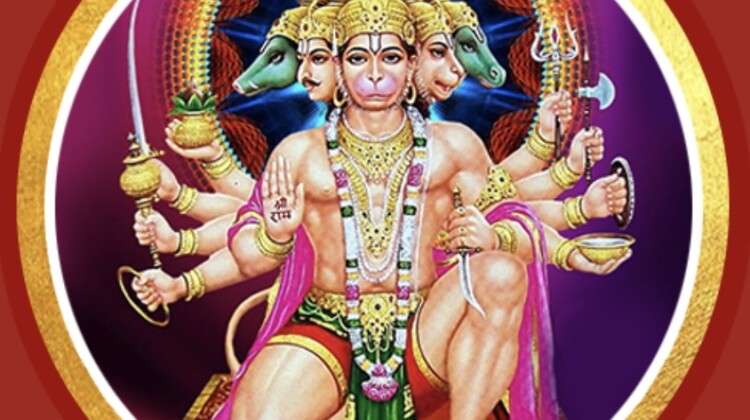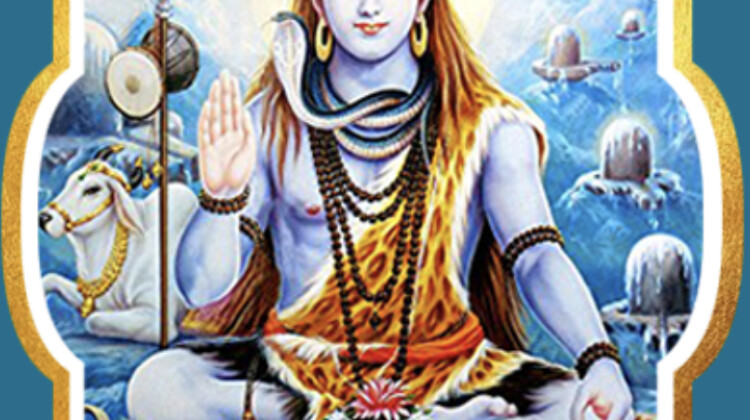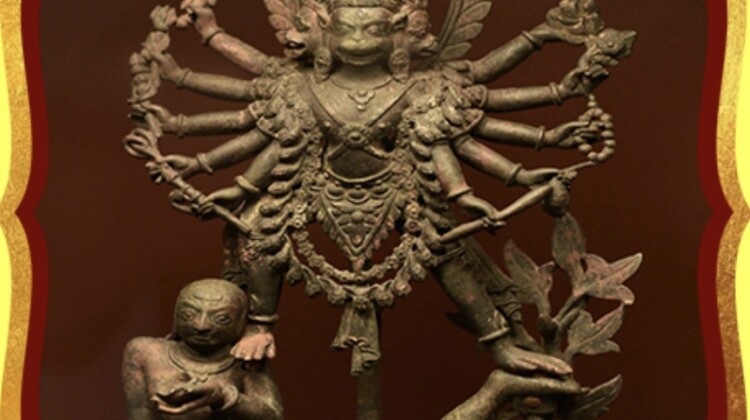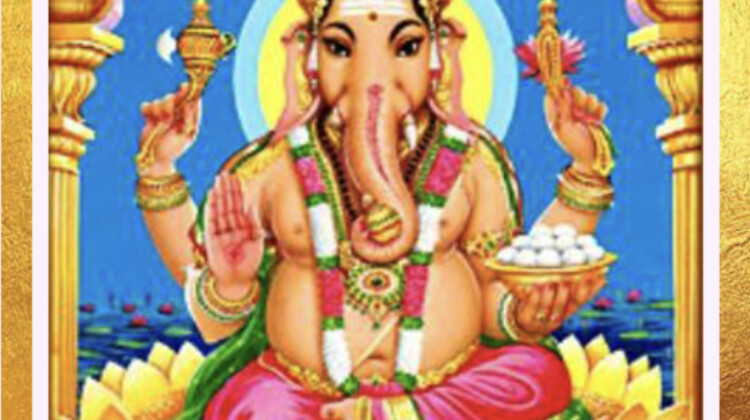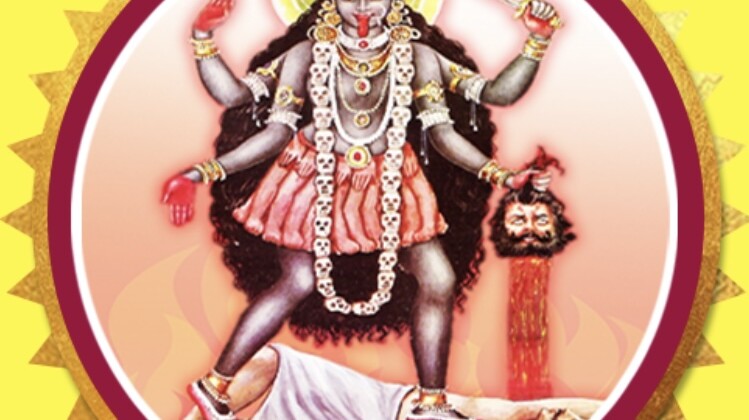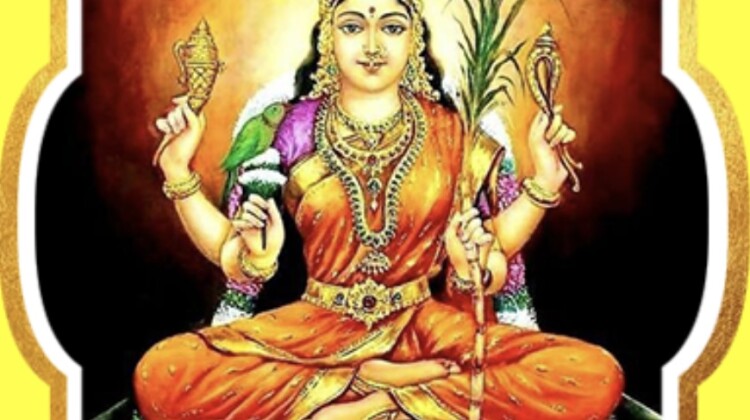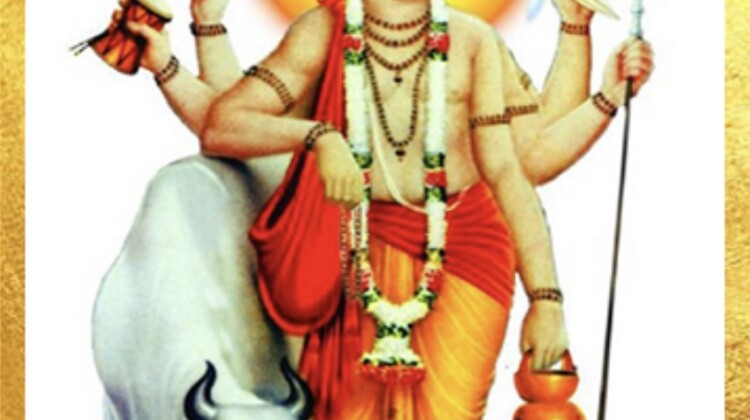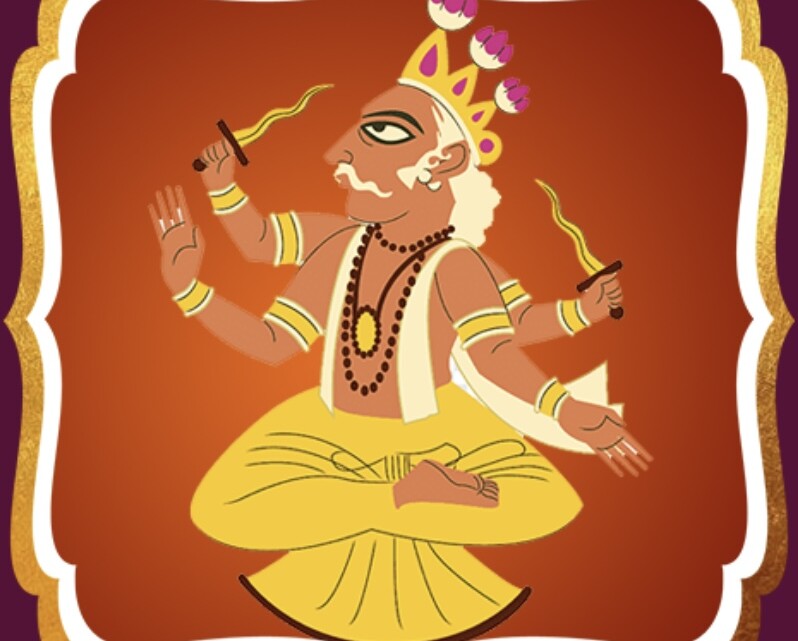The Ashta Vasus, often called the eight elemental deities, hold a significant place in the Vedic realm. Various ancient texts and scriptures mention them by name, showcasing their vast importance across the lore. These divine beings reside in Swarga Loka, a celestial realm, alongside Lord Indra and oversee and maintain the balance of universal affairs.
“Vasu” translates to ‘light’ or ‘energy’ and symbolizes a benevolent nature and inherent nobility. It is also interpreted as a ‘wealth giver’ or ‘brilliance,’ shedding light on their capacity to bless devotees with prosperity and wisdom. Their association with the Pancha Bhootas (five primary elements: earth, water, fire, air, and ether) further enhances their significance, as they represent the sun, moon, and stars – fundamental aspects of our cosmos.
What sets the Ashta Vasus apart is their immense power, protecting humans from every conceivable direction. These deities are known to bestow comfort upon their devotees, and it is believed that conducting ceremonies or Homams in their honor appeases them rather quickly.
The Ashta Vasus have a deeper connection with human spirituality. They correspond to the seven chakras, or energy centers, within the human body. The eighth Vasu, represented by the Sun or Surya, stands as an eternal entity, emphasizing the ever-present nature of divine energy.
To understand them better, it’s essential to recognize them by their names: Dyaus, Prithvi, Agni, Vayu, Antariksha, Aditya, Chandramas, and Nakstrani. Each plays a crucial role in the vast tapestry of the Vedic sphere and cosmic understanding.
Significance of Dyaus Pitr Devata Maha Homam
The process of Dyaus Pitr Devata Maha Homam involves a series of rituals and offerings. It starts with an invocation, where priests chant special mantras to invite Dyaus Pitr into the ceremony. Following this, offerings like ghee, rice, and flowers are made into the sacred fire, which is a central part of the Homam. The flames of the fire are believed to carry these offerings to the deity, acting as a bridge between the mortal world and the divine.
The ultimate significance of Dyaus Pitr Devata Maha Homam lies in its capacity to bring about positive change in one’s life. This ritual is not just an act of devotion but also a way to seek blessings and guidance from Dyaus Pitr. By performing this sacred Homam, devotees aim to strengthen their connection with the divine, asking for protection, prosperity, and peace. It’s a way to show respect to Dyaus Pitr and to receive his guidance and support in return.
Boons of Dyaus Pitr Devata Maha Homam
Dyaus Pitr Devata Maha Homam is a special ritual dedicated to Dyaus Pitr, one of the prominent deities in Vedic sphere. Performing this Homam is believed to bring immense blessings and positive energy into one’s life. By paying homage to Dyaus Pitr through this ritual, devotees seek to attain peace, prosperity, and protection from any negative forces. This Homam acts as a shield, guarding individuals and their families from potential harm and ensuring their well-being.
Many devotees believe that the Dyaus Pitr Devata Maha Homam can clear obstacles in one’s path, making way for success and growth. Whether in personal relationships, career, or health, this ritual aids in smoothing out challenges and opening doors to opportunities. By participating in or organizing this Homam, devotees express their gratitude to Dyaus Pitr and, in return, receive his benevolent gaze and abundant blessings.
Get in touch with us
If you wish to gain all the above glories, connect with us. We will bring you the blessings of worshipping pitra devatas. We have the best priests and other incredible arrangements. So, without further wait, connect with us and get great boons.
Register here: https://www.vedicfolks.com/life-time-management/karma-remedies/shared-homam/dyaus-pitr-devata-maha-homam.html









